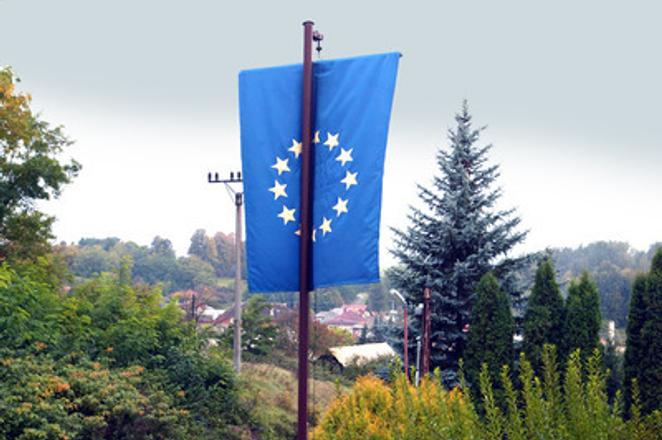The European Council on Foreign Relations published last week an article stating that the Netherlands is the “EU’s hidden coalition champion”. Very recently, the Slovak Republic, to preside overthe next EU Council Presidency argued, and in my view correctly, that one of its important tasks will be to counter further fragmentation of the EU. Two statements that require some further reflection. In many languages, the words compromise and coalition have a slightly negative connotation, with the added hint at “unprincipled” and sometimes even “messy” and “backroom politics”.
The best way forward in a divided EU is to find what we have in common, not what divides us.
As a Dutchman, obviously I have to disagree with the more negative notions of coalitions and compromise. Our own national history is one full of coalitions and compromise. Remember, our independence started with the Republic of the Seven United Netherlands (hence, we still use a plural to identify our country!). Although divided by different and even contradictory interests, we nevertheless achieved unity by creating a coalition taking into account and respecting our differences. In European history, the tendency to create strong central power has been an important driver, but in the Low Countries countervailing powers have helped to foster decision making in an inclusive process.
Nowadays, polarisation has created a bit more tension in the process. But still it remains impossible in my country to govern alone. Coalitions are necessary, and who says coalition says compromise. Respect for the view of the “other”, at the same time is the best way to avoid fragmentation.
In the last six months, the Netherlands has had to find compromises and create coalitions in Europe on one of the trickiest subjects on the European agenda. The views within the 28 member states on migration differ wildly. Strong positions have been taken. Political debates, both in several ministerial mouncils and the European Council in Brussels and in national parliaments have been heated. Taking a position is part of the game, and an important one. Clarity on objectives is a necessary component of the decision making process.
When it comes to finding solutions, creating coalitions and fostering compromise it is imperative to know what “positions are”, as they say in diplomatic lingo. What is equally important is to use creativity and courage.
We can all, in hindsight, have certain misgivings about solutions found. It is in the nature of things that compromise is not perfect. Another diplomatic maxim states that you should beware of the perfect driving out the good. Compromise is vulnerable, coalitions are sometimes feeble. Yet, they are in the present circumstances the only way forward. If we want to preserve unity, if we want to counter fragmentation of the Union, we will need to find compromise. And we will need to see that solutions will work. Successful compromise is only possible if it is effective.
The migration case is a case in point. Everybody will agree that the European solution is far from ideal. One can easily criticise the path taken. But for now, and perhaps just for now, the compromise found has helped to address the issue. We will have “to muddle through”, despite criticism. The Slovak Presidency of the Council of the EU will be criticised. And it will feel as an undeserved criticism. But those that criticise should understand that a compromise within a coalition will always be prone to comment from those that do not bear the responsibility.
Richard van Rijssen is the Ambassador of the Netherlands to Slovakia
Author: Richard van Rijssen


 (source: Sme)
(source: Sme)